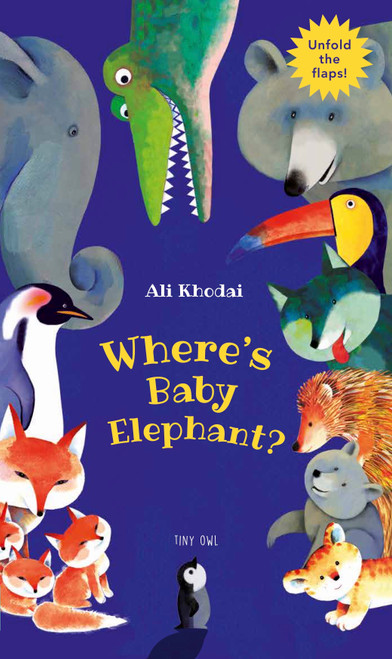The elephant is a much-admired animal, but it is also endangered. The ivory from its tusks has been in great demand across the centuries and throughout all cultures. What sort of material is it? How has it been used in the past and the present? And what can we do today to protect the world?s largest mammals from poachers? This lavishly illustrated volume embarks on a journey through cultural history and takes up a contemporary position.
Ivory fascinates. As long as 40,000 years ago people carved mammoth tusks into artful figures and musical instruments, and it remains popular as a material to this day. Ivory polarises, because the animal?s tusks also stand for injustice and violence. The exploitation of man and nature, the threatened extinction of the elephant, poaching and organised crime are phenomena which we associate with ivory. The publication approaches the subject critically and poses the question as to our responsibility in our dealings with both animal and material.
Ivory fascinates. As long as 40,000 years ago people carved mammoth tusks into artful figures and musical instruments, and it remains popular as a material to this day. Ivory polarises, because the animal?s tusks also stand for injustice and violence. The exploitation of man and nature, the threatened extinction of the elephant, poaching and organised crime are phenomena which we associate with ivory. The publication approaches the subject critically and poses the question as to our responsibility in our dealings with both animal and material.







